Leaping the Wealth Gap
Cecilia Stanton Adams is the co-founder and CEO of The Diversity Institute. She works with diversity leaders and practitioners from educational...
4 min read
 Guest Blogger
:
1:58 PM on June 27, 2023
Guest Blogger
:
1:58 PM on June 27, 2023
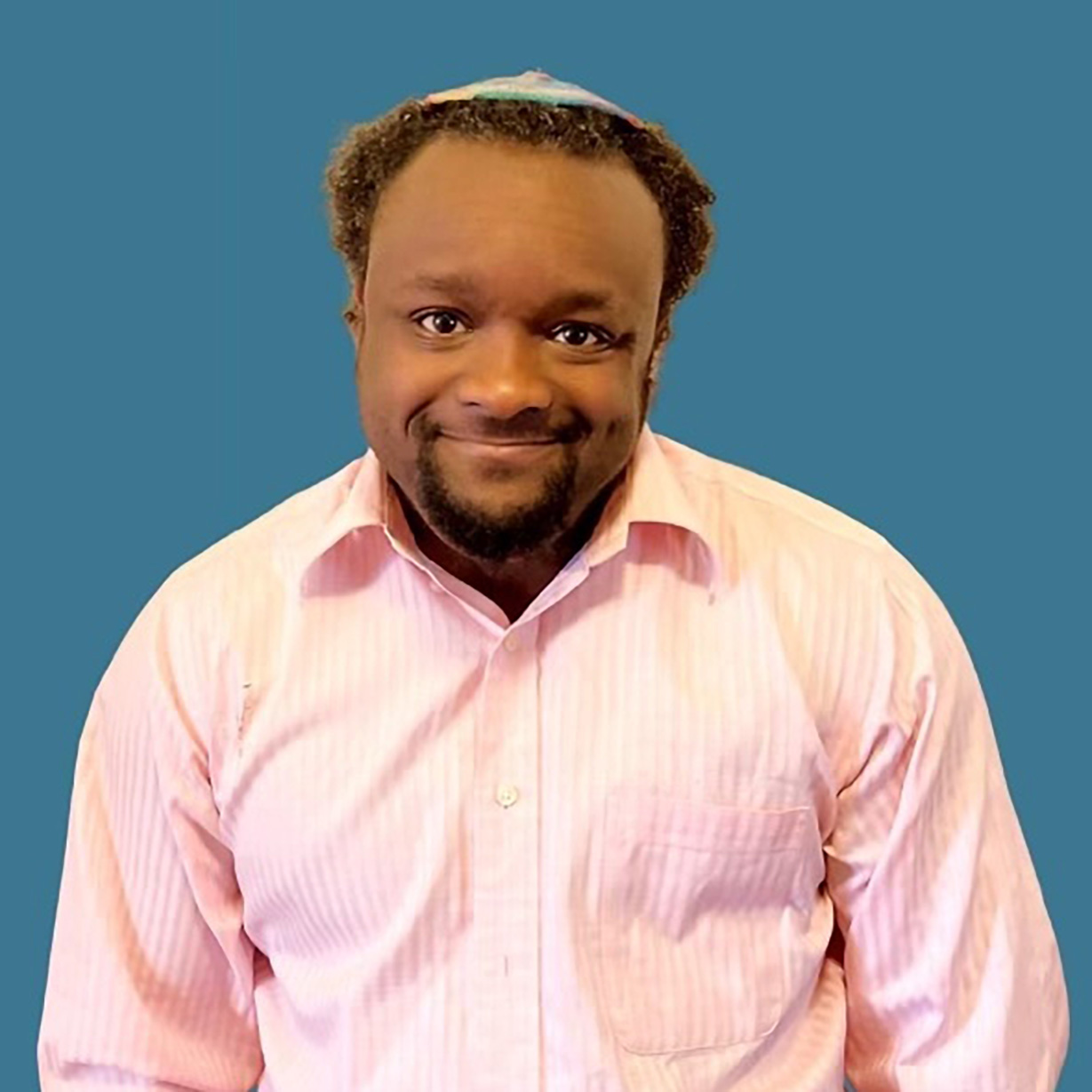
As part of our series of blog posts about the confluence of National Homeownership Month and LGBTQ+ Pride month, Twin Cities Habitat staff sat down with Enzi Tanner, a Black trans disabled autistic Jew, to talk about his journey to homeownership. Enzi is a national organizer with Bend the Arc, a multiracial, multiethnic Jewish movement building solidarity among progressive Jews and allies to fight white supremacy, antisemitism, and racism. Our conversation took place just after the third anniversary of the murder of George Floyd, which framed the conversation.
Enzi: I’m an abolitionist and organizer. In May of 2020 when George Floyd was murdered, I was working with unsheltered folks as a social worker. That fall I started organizing local multiracial Jewish community with Jewish Community Action to build new practices of community safety.
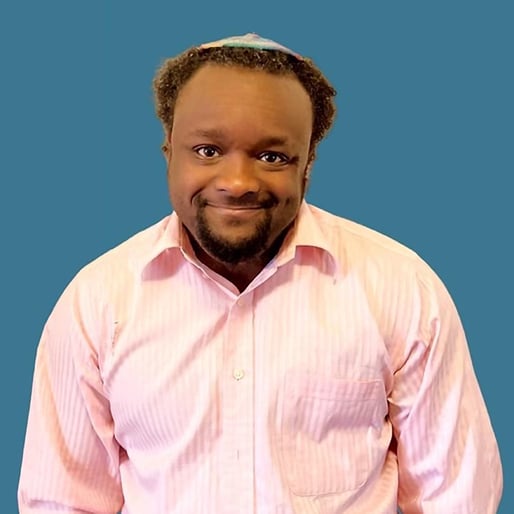
Habitat: Your work as an abolitionist and your organizing work about reframing conversations about safety are closely tied to your being a homeowner.
Enzi: Very much so. I actually found this house while protesting Jamar Clark’s murder at the 4th Precinct. Part of my wanting to have a house is related to police brutality and wanting to provide a safe place for myself and my community. My partner at the time was a felon so he couldn’t be on a lease with me. Being a homeowner makes it safer than renting; it allows a felon to have a home, a safe and stable place to stay. He was able to be released to me because I’m a homeowner. I get to decide who stays with me.
Habitat: You wanted to be a homeowner as a way to influence community conversations about safety.
Enzi: The more homeowners the safer the neighborhood is and the more investment in the community. I find it important that I can pay attention to the young Black kids in the neighborhood and not have someone call the police because they’re hanging out on the corner. I wanted to have a way to watch out for neighbors, to create safety not just for myself but for my community.
Habitat: Did you have specific neighborhoods you were looking in, communities you wanted to be part of?
Enzi: I only looked at homes over north. Part of my choice was about gentrification and cutting down on that as much as possible on the north side. For me there wasn’t ever a question about where I would buy, even though I was living on the south side before I bought my house.
I went to a free public meeting with a home advisor to learn about buying a house. I learned about the meeting through my work with unsheltered people. At the time, I thought my goal was buying a house in five years. But the advisor at that meeting told us about land trusts and so my goal changed from five years to six months.
Habitat: As we talked about earlier, this conversation is one of several Black queer homeownership stories we’re telling this month. Each person has a different experience being a queer house hunter or homeowner. What has your experience been like?
Enzi: When I bought the house, I had a trans neighbor and several queer neighbors. I used to know a lot of our neighbors, but it’s changed since the pandemic with people moving. We always have [LGBTQ and political] signs in the yard and in our windows.
Habitat: What messages did you hear about homeownership when you were growing up?
Enzi: My folks owned their home. We were originally in the hood but after a family incident they moved. I don’t come from a family of means, but all of my aunts and uncles for the most part own their own home. My dad had kids later in life so growing up I had a lot of cousins who were adults. My aunts & uncles owned homes, but my older cousins lived with my grandma. Homeownership wasn’t a given but there was an assumption that there would always be a place to go.
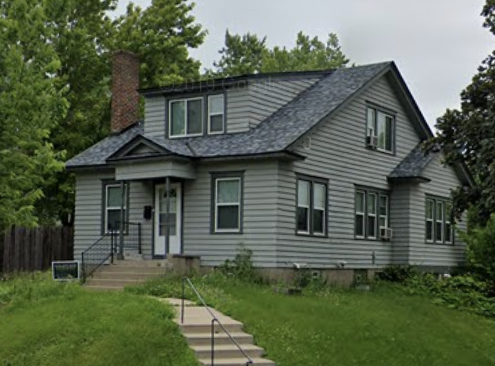
Habitat: You identify as autistic and disabled. How are those identities part of why it’s important to you to own a home? Some people might assume that a person with disabilities wouldn’t want or be able to be a homeowner.
Enzi: Because of my disability, having access to medical cannabis and not having to worry about a landlord has been important. It allows me to work out without having to injure myself because I can do it in the in the safety of my home. I have space to set up my property to be more accessible how I need it. I can work from home full time because I have the space for it. I have less stress around housing stability, which impacts my physical and mental health. The other things is, because it’s a land trust, my mortgage is very low so I’m able to take care of my health and disability needs financially because I’m able to save money. This is also important in the context of being autistic. Owning my own home as an autistic person allows me to take care of my sensory needs and to have a meltdown in a safe way without worrying about the police being called. I create my own safe space so I melt down less, and when I do I know I’m safe.
Habitat: We started out talking about how your work as an abolitionist led to your desire to be a homeowner. How are those two identities connected now that you’ve been in your house for several years?
Enzi: As an abolitionist I want a fundamental shift in the way we imagine public safety. Our communities and movements have had to confront the consequences of generations of racism and violence against Black people. I wanted to own my own home to build community and to know my neighbors. We keep each other safer in community. I also allow folks to have access to my home. There have been a lot of BIPOC and trans folks who have stayed in my house when they need a safe place to stay for a short—or long—time. I couldn’t do that the same way as a renter. I couldn’t provide safe space for Black and trans folks the way I’ve done. I’ve created public safety by being a homeowner.
Your gift unlocks bright futures! Donate now to create, preserve, and promote affordable homeownership in the Twin Cities.
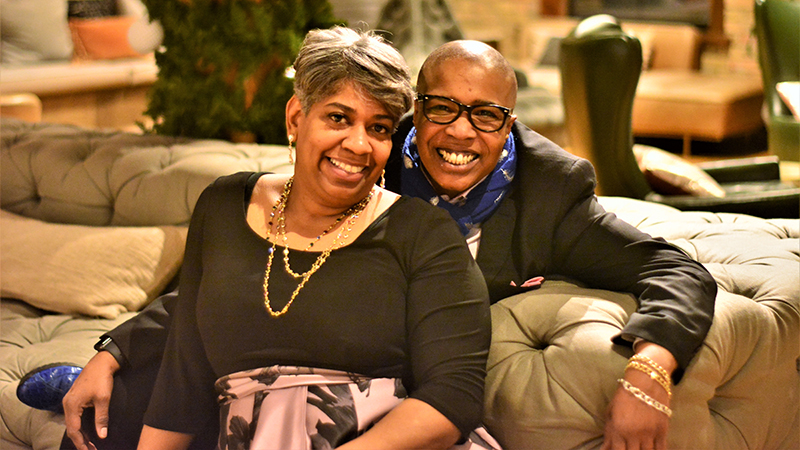
Cecilia Stanton Adams is the co-founder and CEO of The Diversity Institute. She works with diversity leaders and practitioners from educational...
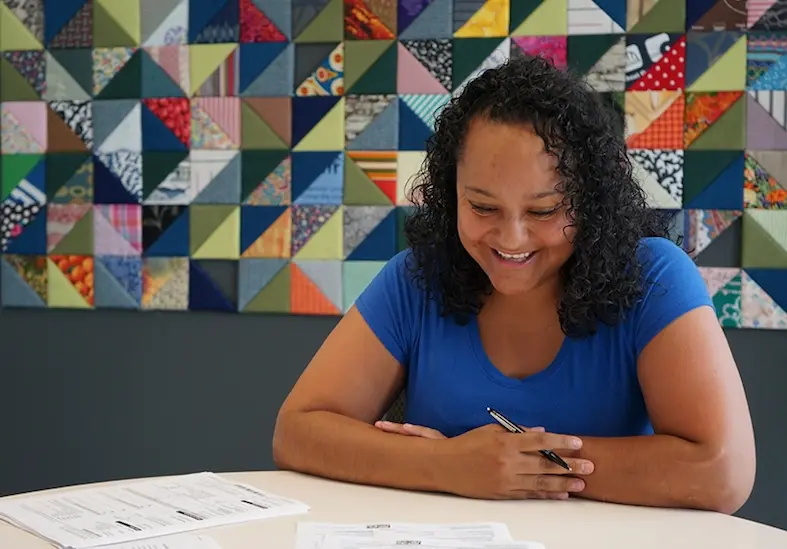
Twin Cities Habitat for Humanity proudly partners with low-to-moderate income homebuyers to purchase homes in the seven-county metro area. No matter...
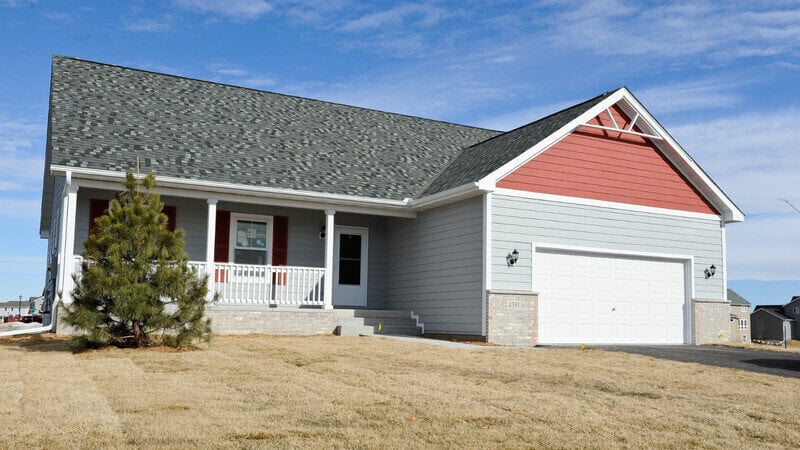
We continue to process the pain and hope of our nation’s uprising for racial justice amid a global health crisis. You can see our recent statements...